- Home
- Addiction Treatment
- Dual Diagnosis
- Dual Diagnosis: Alcohol And Schizophrenia
Dual Diagnosis: Alcohol And Schizophrenia
What’s important to remember in relation to alcohol misuse and schizophrenia is that this is really a dual diagnosis that stems from a place of self-medication.
As such, it’s important to have self-compassion or compassion for others who are living with this diagnosis.
There are around 220,000 people being treated for schizophrenia in the UK.
While many are able to manage their symptoms effectively, others struggle and are at higher risk of turning to alcohol.
There are addiction treatment clinics which specialise in supporting people with severe mental health conditions.
If you’ve developed a drinking problem alongside schizophrenia, there is support available to you.
Schizophrenia, What Is It?
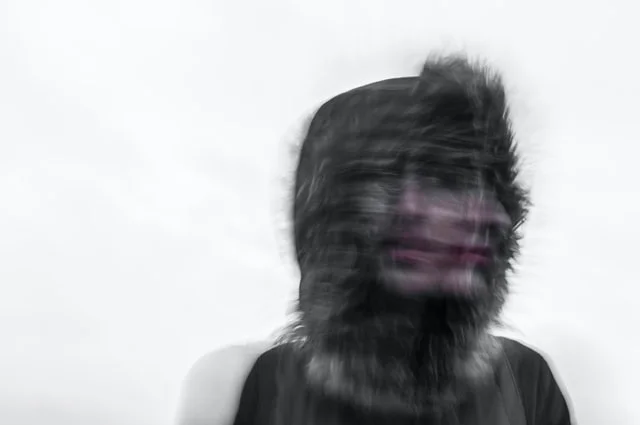
According to the World Health Organisation (WHO), schizophrenia is a condition characterised by significant impairments in the way reality is perceived, and changes in behaviour linked to this.
There are around 24 million people around the world living with schizophrenia.
There are various ways that schizophrenia manifests:
- Delusions that make people believe things that are untrue.
- Hallucinations where people see, hear, and smell things aren’t there.
- Disorganisation, which can present as jumbled and confused speech.
- Cognitive impairment.
- Another presentation is known as the “flat effect”, where people present with a severe lack of emotions.
Sometimes the condition can morph into paranoid schizophrenia, which can be highly distressing.
At its worst, schizophrenia is completely debilitating and causes deep concern for the individual and those who love them.
What Causes Schizophrenia?
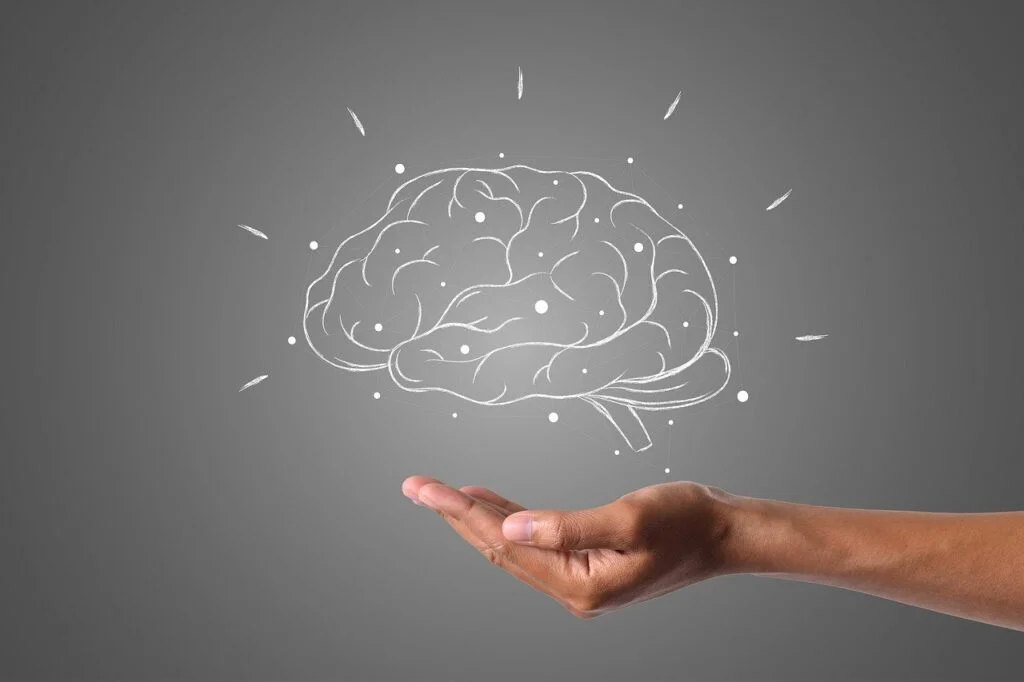
Interestingly, there hasn’t been a “cause” identified for the onset of schizophrenia.
Some believe it might arise from a chemical imbalance in the brain, whilst others say it’s a combination of genes and environment.
Another theory is that it stems from developmental issues linked to childhood trauma.
What Makes A Person With Schizophrenia Use Alcohol?

It’s commonly acknowledged that people with mental health conditions are more likely to drink alcohol.
This is an act known as self-medicating.
Depressants And Feelings Of Euphoria

Alcohol does, after all, have a dulling effect – it’s a depressant and as such “depresses” the central nervous system, slowing it down.
This includes thoughts and all the things that can encourage schizophrenic symptoms.
People with schizophrenia can feel a relief from symptoms in the initial moment that they drink alcohol.
Alcohol is also shown to have more of a euphoric effect in those with this mental health condition than it does on people without schizophrenia.
It can feel as though their wellbeing has seriously improved.
With all this said, it’s no wonder that those with schizophrenia are three times more likely to develop heavy alcohol use.
Emotional Regulation

People use it to try and regulate their emotions.
Research also shows that there’s a dysfunction in the brain’s reward system which also might explain the high correlation between schizophrenia and alcohol use.
Sadly, despite the immediate relief a person might experience from symptoms, this is short-lived.
Alcohol use can make schizophrenic symptoms much worse.
Symptoms Of An Alcohol Use Disorder
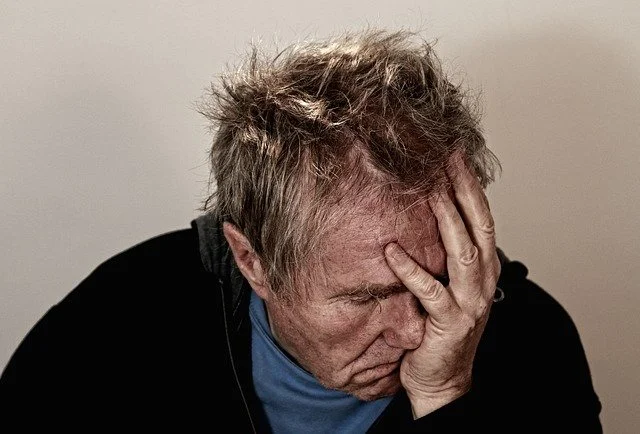
Anyone who turns to alcohol regularly to try and ease symptoms of schizophrenia increases their chances of developing an alcohol use disorder.
There are signs you can look out for that will reveal whether this has occurred:
- Drinking more and more alcohol to feel an effect.
- Thinking about alcohol often.
- Needing alcohol when you wake up.
- Negative effects of drinking on work and relationships.
- Secretive behaviours around drinking.
- Experiencing withdrawal symptoms when you stop drinking.
What’s really important to remember if you have schizophrenia is that heavy alcohol can cause psychotic episodes.
This can exacerbate schizophrenic symptoms.
Also, due to how much alcohol affects the thyroid, it really upsets emotional balance and this can take a while to regulate.
Alcohol Withdrawal
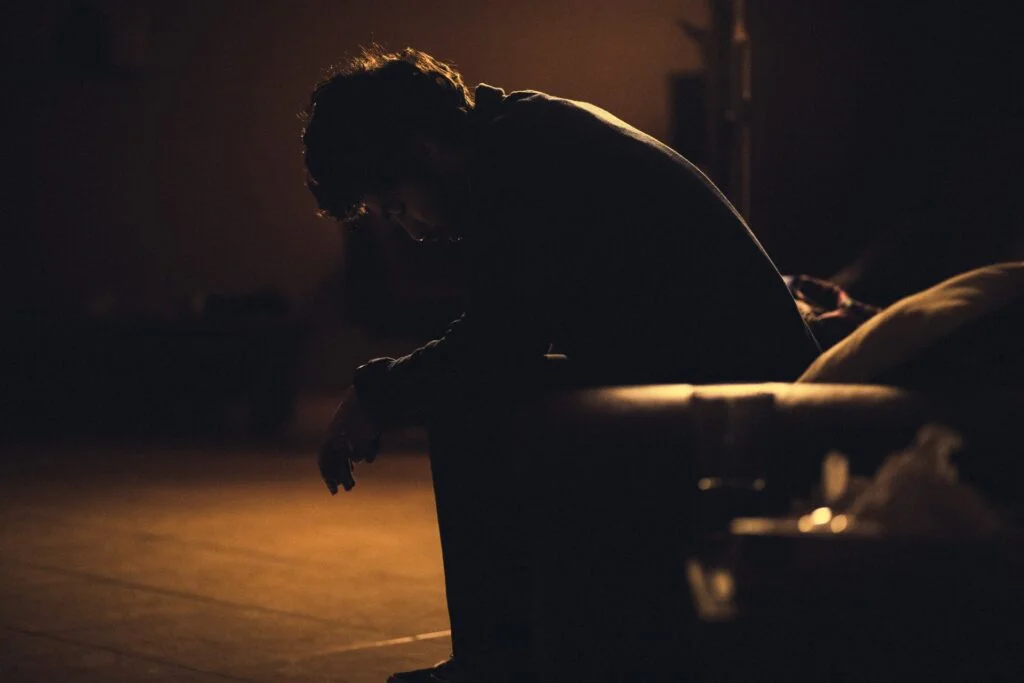
If you have developed a problem with alcohol, you’ll experience withdrawal symptoms when you stop drinking.
These include:
- Mood swings
- Irritability
- Shaking
- Sweating
- Headaches
- Confusion
- Sickness and diarrhoea
- Seizures
- Hallucinations
Alcohol Dependency
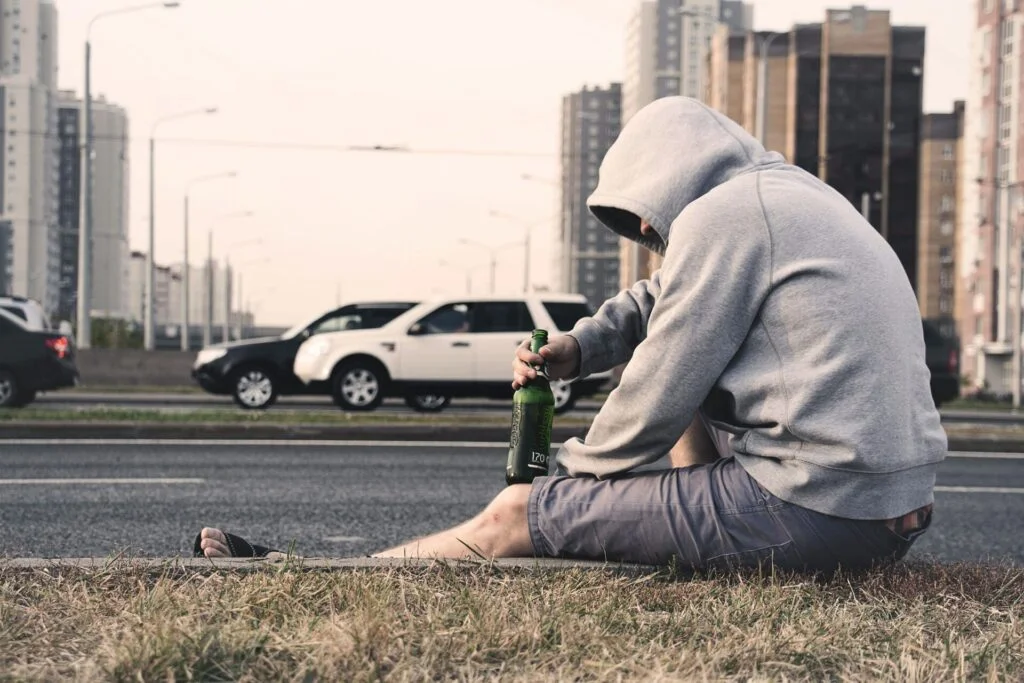
Where alcohol is drunk regularly, people can develop a physical dependency.
This is where your brain needs alcohol to function.
When the alcohol is removed it starts to malfunction because of how GABA levels (an amino acid) are impacted, which can cause seizures.
At their worst, this can be fatal.
This is precisely why a medically overseen detox at a rehab clinic is essential in order for you to wean off alcohol safely.
Dual Diagnosis: Schizophrenia And Alcohol Use Disorder

When a person enters rehabilitation and they have both schizophrenia and an alcohol use disorder, they’ll be described by professionals as having a dual diagnosis.
This simply means that two conditions exist at the same time.
Research shows that mental health problems are experienced by the majority of alcohol users (86%) in community substance misuse treatment.
This means that the majority of residents at a rehab clinic will have mental health conditions.
Private rehab staff are specially trained to support you to recover in both areas.
Tips To Help Yourself

There are things you can to try to support yourself to have a more balanced mental health without turning to alcohol, such as:
- Avoid social activities that involve alcohol and reduce intake.
- Accessing private psychotherapy or counselling
- Reduce stress-related activities.
- East a balanced and nutritious diet.
- Exercise regularly.
- Ensure you sleep and practise habits that support this.
- Relaxation techniques, such as grounding and breathing exercises.
- Participate in social activities.
- Follow doctor’s advice, especially around taking medications.
Seeking Professional Help

If you’re unable to reduce your alcohol intake or are struggling to motivate yourself to kick-start healthy behaviours, it’s advisable to seek professional help.
This way you’ll be supported to develop new positive habits.
Everyone needs support at some points in their life, and acknowledging this can really improve your future outlook.
You can contact your local GP for advice, or contact us for information about private rehab clinics.
How To Support A Loved One

If someone you love has schizophrenia and you’re concerned that they may have developed a drink problem, the first thing to do is talk to them.
It’s important to wait for a moment when they are settled and sober.
Knowing a bit about alcohol addiction and its impacts on schizophrenia is really helpful, so read up about this.
Find out what rehabilitation options are -when you talk to your loved one, it’s helpful to have all the necessary information so you can discuss things openly and be helpful.
As well as thinking about the other, it’s important to think about yourself.
Addiction is a really challenging illness to live with for you too.
This is a time where you need to learn how to set and maintain boundaries while being constantly plagued by the worry it causes.
Reach out to organisations that support people in your situation, such as Al-Anon and AdFam.
Alcohol Rehab For Someone Who Has Schizophrenia

There’s no denying that entering rehab can be more challenging for a person who is schizophrenic because symptoms are likely to worsen before they improve.
This is precisely why a rehab stay is important.
A clinically monitored detox is essential -it can keep you safe through those difficult early days.
Withdrawal can cause hallucinations and this increases the risk of harm to self.
At rehab, there are increased security measures to support you until you have reached a balanced state.
Detox
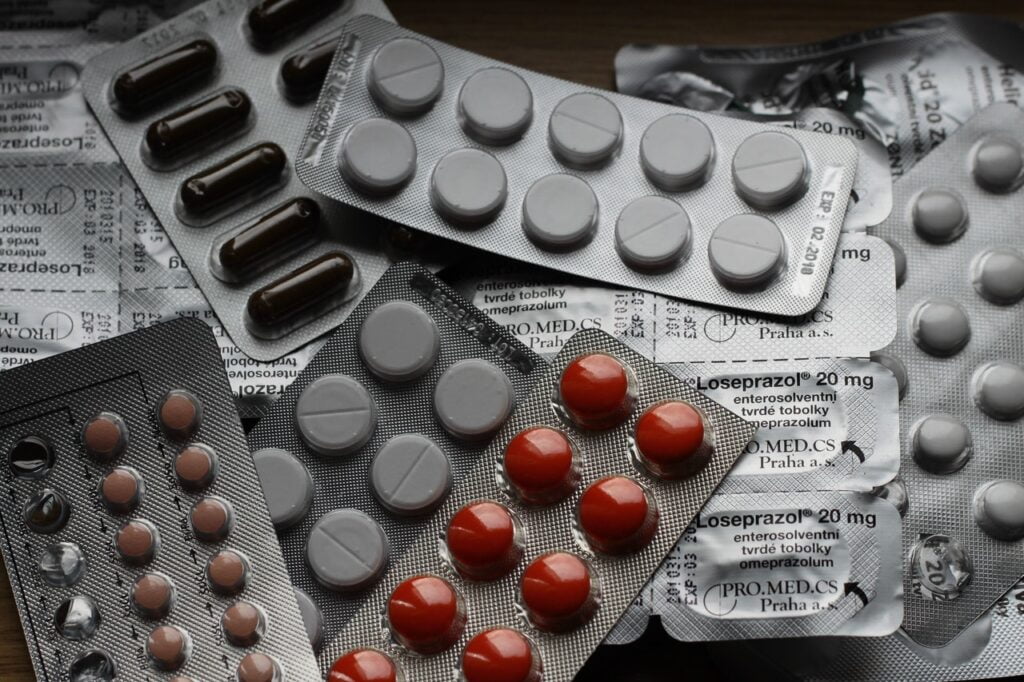
When you enter rehab, you’ll begin with a detox period.
This lasts around 7-10 days and includes a prescription that “weans” you off alcohol safely.
This is especially necessary where dependency has developed.
You’ll also be given any necessary medications to support your mental health to balance as safely and swiftly as possible.
What Therapy Treatments Are On Offer

It’s critical that you come to understand how much schizophrenia is affected by alcohol use and worsens the experience.
This will be explored in psychotherapy.
Talking therapies and counselling are especially helpful in this area.
In relation to controlling addictive habits you’ll start Cognitive Behavioural Therapy to help you understand how to manage thoughts and change behaviours.

There are also art and music therapies which offer alternative ways to express your feelings and experiences.
This can be especially helpful where you struggle with words.
Other rehab activities include:
- Equine therapy
- Mindfulness
- Reiki
- Yoga
- 12 Step groups
- SMART groups
Final Thoughts

For those with schizophrenia, heavy alcohol use is a much higher risk.
This can lead on to the development of an addiction.
Unfortunately, despite how alcohol might alleviate schizophrenic symptoms in the first instance, it exacerbates the condition and makes it worse in the long run.
Rehabilitation support is available for alcohol use disorder and you can be supported around your mental health alongside this.
To get all the information you need on what treatment options would most suit you, contact Rehab Recovery today.


